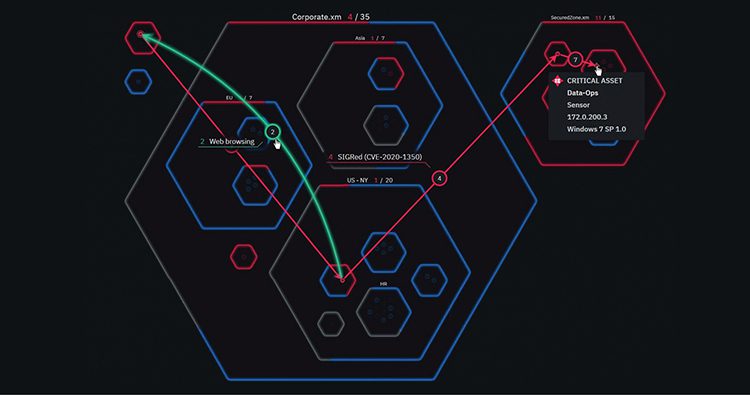Hi folks! You may find below the latest news about global incidents, threats and attacks handpicked by our super XM Cyber team of experts.
CNBC – FireEye uncovers suspicious online activity resembling Iranian influence operations
June 7
Dozens of social media accounts displaying suspicious behavior have been uncovered in a new report that sees pro-Iranian messaging promoted by profiles impersonating real people, as well as journalists and activists who don’t seem to exist. [More]
–
ZDNet – Windows 10 zero-day details published on GitHub
June 7
SandboxEscaper details new “ByeBear” zero-day impacting Windows 10 and Server 2019. [More]
–
ZDNet – A botnet is brute-forcing over 1.5 million RDP servers all over the world
June 6
Security researchers have discovered a new botnet that has been attacking Windows systems running a Remote Desktop Protocol (RDP) connection exposed to the Internet. [More]
–
ZDNet – New RCE vulnerability impacts nearly half of the internet’s email servers
June 5
A critical remote command execution (RCE) security flaw impacts over half of the Internet’s email servers, security researchers from Qualys have revealed today. [More]
–
Dark Reading – Healthcare Breach Expands to 19.6 Million Patient Accounts
June 5
LabCorp says its third-party debt-collection provider, AMCA, notified the company that information on 7.7 million patients had leaked. Expect more healthcare companies to come forward. [More]
–
TechCrunch – Quest Diagnostics says 11.9 million patients affected by data breach
June 3
Medical testing giant Quest Diagnostics has confirmed a third-party billing company has been hit by a data breach affecting 11.9 million patients. The laboratory testing company revealed the data breach in a filing on Monday with the Securities and Exchange Commission. [More]
Related Topics



